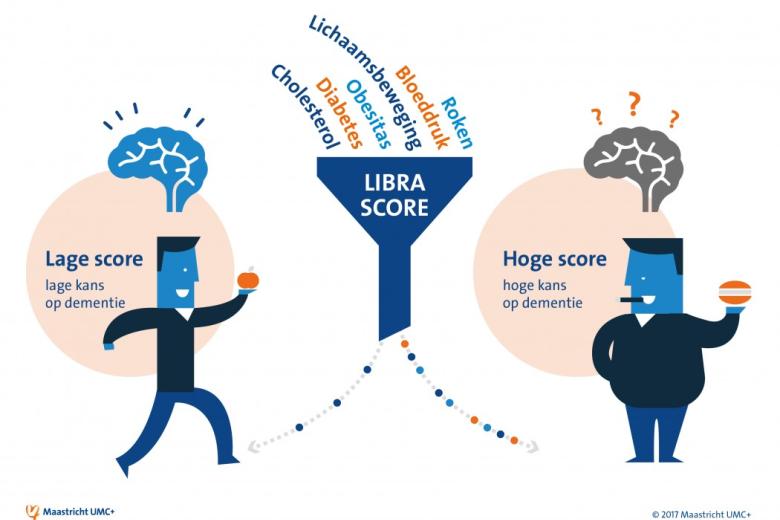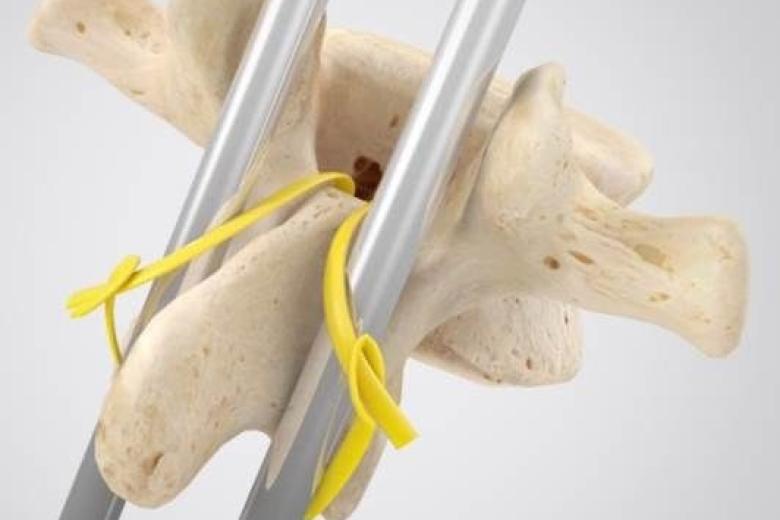Research into the role of vitamin C in cancer
A private foundation is giving physician-researchers from Maastricht UMC+ a €200,000 grant to study the role vitamin C plays in cancer. The scientists have found that vitamin C stimulates the growth of white blood cells (immune cells). This also applies to the natural killer cells (NK cells) that are able to recognise and destroy cancer.
Many cancer patients are treated with chemotherapy. This not only damages the malignant cells, but also healthy, normal cells. Virtually every kind of chemotherapy damages the cells of the immune system, including the white blood cells. This damage decreases patients’ immunity, making them more susceptible to infections that can even prove fatal.
Laboratoriumresearch
Research in the laboratories at Maastricht UMC+ has shown that vitamin C has a positive effect on the growth and maturation of certain white blood cells. These white blood cells (also called T cells) are responsible for defending against infections. In addition, vitamin C stimulates the growth of NK cells, which also play a role in detecting and destroying cancer cells.
Earlier research involving a small group of patients who were treated with intensive chemotherapy and transplantation of their own stem cells established that a large proportion of them did not have enough vitamin C in their blood. Just as in the laboratory, administering vitamin C to these patients could have a positive effect on the growth and maturation of the T and NK cells. This may reduce infections in chemotherapy patients. Because the NK cells are able to recognise and destroy cancer, vitamin C could also have an anti-cancer effect in this way.
Leukaemia
The research will initially focus on patients with leukaemia (blood cancer). They usually receive intensive chemotherapy regimens, which result in a much lower resistance to infection and often lead the patients to spend months in hospital. Administering vitamin C could shorten the period of reduced resistance. Because of this improved resistance, patients would suffer from fewer infections, and thus fewer complications, and need to spend less time in hospital.
A broad group of patients
Other groups of patients (e.g. people with lung or colon cancer) will be part of the research into the effects of vitamin C. If the assumptions are confirmed, a large group of patients will benefit. A private foundation that wishes to remain anonymous has made €205,000 available for this research. That money can be used to fund a research analyst at the laboratory, among other things. The grant will be administered through the Kankeronderzoekfonds Limburg (Limburg Cancer Research Fund). The research on vitamin C and cancer, led by haematologists Gerard Bos and Gwendolyn van Gorkom, will take about two years.
Also read
-
Capillary damage can lead to depression
The Maastricht Study specialises in conducting microcirculation measurements
-
Individual risk profile could help prevent dementia
Prevention of dementia potentially stimulated by drawing up personal risk profile (MUMC+ news).
-
New plastic fixation cable for scoliosis surgery
Less invasive operation, maximum vertebral growth, and no stray metal particles (MUMC+ news).